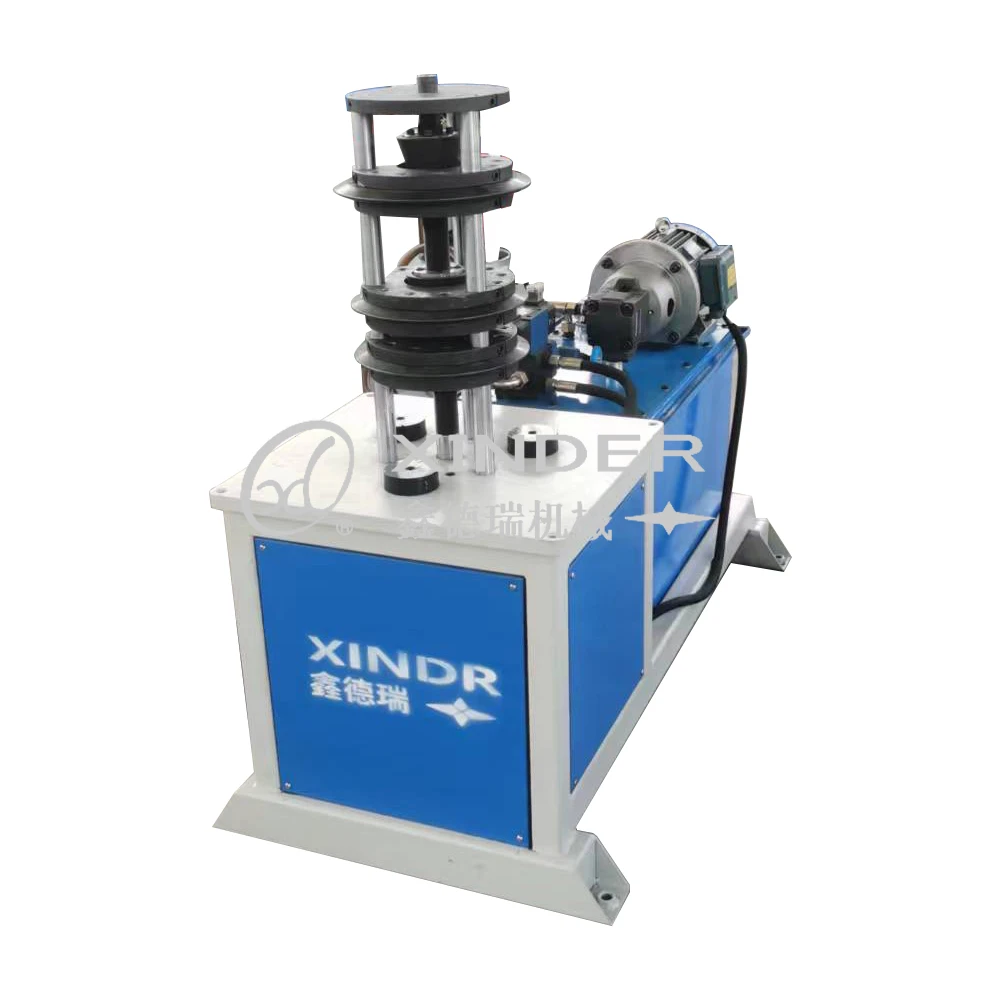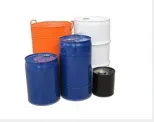-
 8613931787312
8613931787312 -
 Botou Industrial Zone on the east side of National Highway 104, Botou City, Hebei Province
Botou Industrial Zone on the east side of National Highway 104, Botou City, Hebei Province
- Afrikaans
- Albanian
- Amharic
- Arabic
- Armenian
- Azerbaijani
- Basque
- Belarusian
- Bengali
- Bosnian
- Bulgarian
- Catalan
- Cebuano
- Corsican
- Croatian
- Czech
- Danish
- Dutch
- English
- Esperanto
- Estonian
- Finnish
- French
- Frisian
- Galician
- Georgian
- German
- Greek
- Gujarati
- haitian_creole
- hausa
- hawaiian
- Hebrew
- Hindi
- Miao
- Hungarian
- Icelandic
- igbo
- Indonesian
- irish
- Italian
- Japanese
- Javanese
- Kannada
- kazakh
- Khmer
- Rwandese
- Korean
- Kurdish
- Kyrgyz
- Lao
- Latin
- Latvian
- Lithuanian
- Luxembourgish
- Macedonian
- Malgashi
- Malay
- Malayalam
- Maltese
- Maori
- Marathi
- Mongolian
- Myanmar
- Nepali
- Norwegian
- Norwegian
- Occitan
- Pashto
- Persian
- Polish
- Portuguese
- Punjabi
- Romanian
- Russian
- Samoan
- scottish-gaelic
- Serbian
- Sesotho
- Shona
- Sindhi
- Sinhala
- Slovak
- Slovenian
- Somali
- Spanish
- Sundanese
- Swahili
- Swedish
- Tagalog
- Tajik
- Tamil
- Tatar
- Telugu
- Thai
- Turkish
- Turkmen
- Ukrainian
- Urdu
- Uighur
- Uzbek
- Vietnamese
- Welsh
- Bantu
- Yiddish
- Yoruba
- Zulu
Mini Sheet Metal Bending Machine Compact & Precision Bends
- Introduction to Mini Sheet Metal Bending Technology
- Technical Advantages of Modern Mini Bending Machines
- Comparing Leading Manufacturers in the Industry
- Customization Solutions for Diverse Applications
- Real-World Case Studies and Performance Metrics
- Cost Efficiency and Operational Benefits
- Future Trends in Mini Sheet Bending Machinery

(mini sheet metal bending machine)
Introduction to Mini Sheet Metal Bending Technology
The demand for precision in small-scale fabrication has driven the evolution of mini sheet metal bending machine
s. These compact tools are engineered to deliver industrial-grade accuracy for workshops, automotive repair centers, and DIY enthusiasts. Unlike traditional bulky equipment, modern mini bending machines prioritize portability without compromising on bending force (up to 12 tons) or sheet thickness capacity (0.5–3 mm). Their footprint, typically under 1.2 square meters, makes them ideal for space-constrained environments.
Technical Advantages of Modern Mini Bending Machines
Advanced models integrate hydraulic-assisted bending mechanisms and CNC-controlled angle adjustment, achieving ±0.1° precision. For instance, the XYZ-2024 model features a dual-axis laser alignment system, reducing setup time by 40%. Energy efficiency is another standout trait: newer units consume 30% less power than decade-old counterparts while maintaining 20% faster cycle times. Such innovations make mini sheet bending machines indispensable for prototyping and low-volume production.
Comparing Leading Manufacturers in the Industry
| Brand | Max Thickness (mm) | Bending Speed (sec/cycle) | Warranty | Price Range ($) |
|---|---|---|---|---|
| AlphaBend Pro | 3.0 | 8.5 | 3 years | 4,200–5,800 |
| BendTech Lite | 2.5 | 7.2 | 2 years | 3,500–4,900 |
| MetalMaster Compact | 3.2 | 9.1 | 5 years | 6,000–7,500 |
Customization Solutions for Diverse Applications
Vendors now offer modular designs to address niche requirements. A marine equipment manufacturer recently partnered with BendTech to develop a corrosion-resistant variant with titanium-coated dies, extending tool life by 60% in saltwater environments. Similarly, automotive clients often opt for machines with programmable memory for 50+ bend profiles, slashing repetitive calibration efforts.
Real-World Case Studies and Performance Metrics
A Midwest aerospace supplier reported a 28% reduction in scrap metal using AlphaBend Pro units for titanium alloy brackets. Data from 12 months of operation showed 98.4% bend consistency across 15,000 parts. Another case involved a European jewelry maker utilizing a mini bending machine with 0.05 mm precision for silver decorative elements, achieving 99.7% customer approval on dimensional accuracy.
Cost Efficiency and Operational Benefits
ROI analysis reveals that shops processing 500+ sheets monthly break even within 14–18 months. The elimination of outsourcing costs accounts for 65% of savings, while reduced labor downtime contributes another 22%. Maintenance expenses remain low at $120–$200 annually, primarily for hydraulic fluid replacement and sensor calibration.
Future Trends in Mini Sheet Bending Machinery
Industry forecasts predict AI-driven predictive maintenance becoming standard in mini sheet metal bending machines by 2026. Prototype testing shows IoT-enabled units can auto-adjust for material batch variations, cutting defect rates by 33%. As sustainability pressures mount, expect hybrid electro-hydraulic systems to dominate, targeting 50% lower carbon emissions versus current models.

(mini sheet metal bending machine)
FAQS on mini sheet metal bending machine
Q: What materials can a mini sheet metal bending machine handle?
A: A mini sheet metal bending machine typically handles thin materials like aluminum, stainless steel, or mild steel sheets, usually up to 1/8 inch (3 mm) thick, depending on the model.
Q: Is a mini sheet bending machine suitable for DIY projects?
A: Yes, mini sheet bending machines are ideal for DIY or small-scale projects due to their compact size, ease of use, and ability to create precise bends in lightweight materials.
Q: How does a mini bending machine differ from industrial models?
A: Mini bending machines are smaller, portable, and designed for low-volume work, while industrial models handle thicker materials, larger sheets, and continuous heavy-duty operations.
Q: What safety features should a mini sheet metal bending machine have?
A: Look for features like finger guards, emergency stop buttons, and stable clamping mechanisms to ensure safe operation during bending tasks.
Q: Can a mini sheet bending machine bend complex shapes?
A: While limited compared to larger machines, some mini sheet bending machines support adjustable dies for creating angles, boxes, or simple custom shapes with proper setup.
-
Understanding Automatic Seam Welding Machines: A Game Changer in Welding TechnologyNewsJul.18,2025
-
Revolutionizing Packaging: The Role of Welding Machines in Steel and Tin Can ManufacturingNewsJul.18,2025
-
Precision in Motion: Exploring Seam Welding Machines for Industrial FabricationNewsJul.18,2025
-
Mastering Precision Bending: A Guide to Tube Benders and Their TypesNewsJul.18,2025
-
Inside the World of Barrel Manufacturing: Machines, Lines, and CostsNewsJul.18,2025
-
Exploring the Technology Behind Elbow Bending Machines in Pipe ManufacturingNewsJul.18,2025
-
Unlocking the Power of Light: Exploring Modern Laser Welding SolutionsNewsJul.15,2025
-
 Pneumatic Handle Welding MachineSep . 13, 2024
Pneumatic Handle Welding MachineSep . 13, 2024 -
 Fully Automatic Kaiping Production LineOct . 17, 2024
Fully Automatic Kaiping Production LineOct . 17, 2024 -
 Fully Automatic Metal Bucket Lifting HeadphonesSep . 14, 2024
Fully Automatic Metal Bucket Lifting HeadphonesSep . 14, 2024

